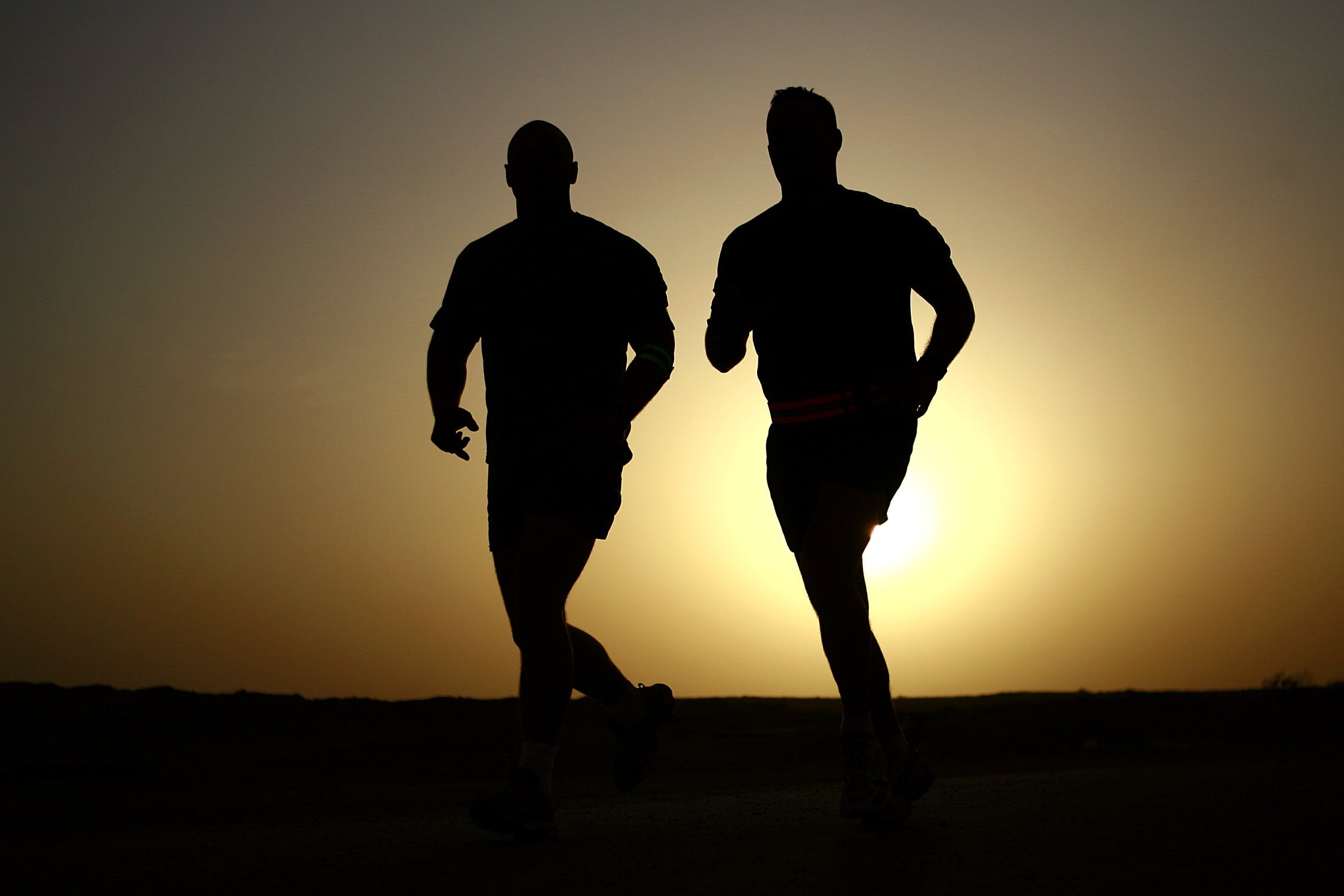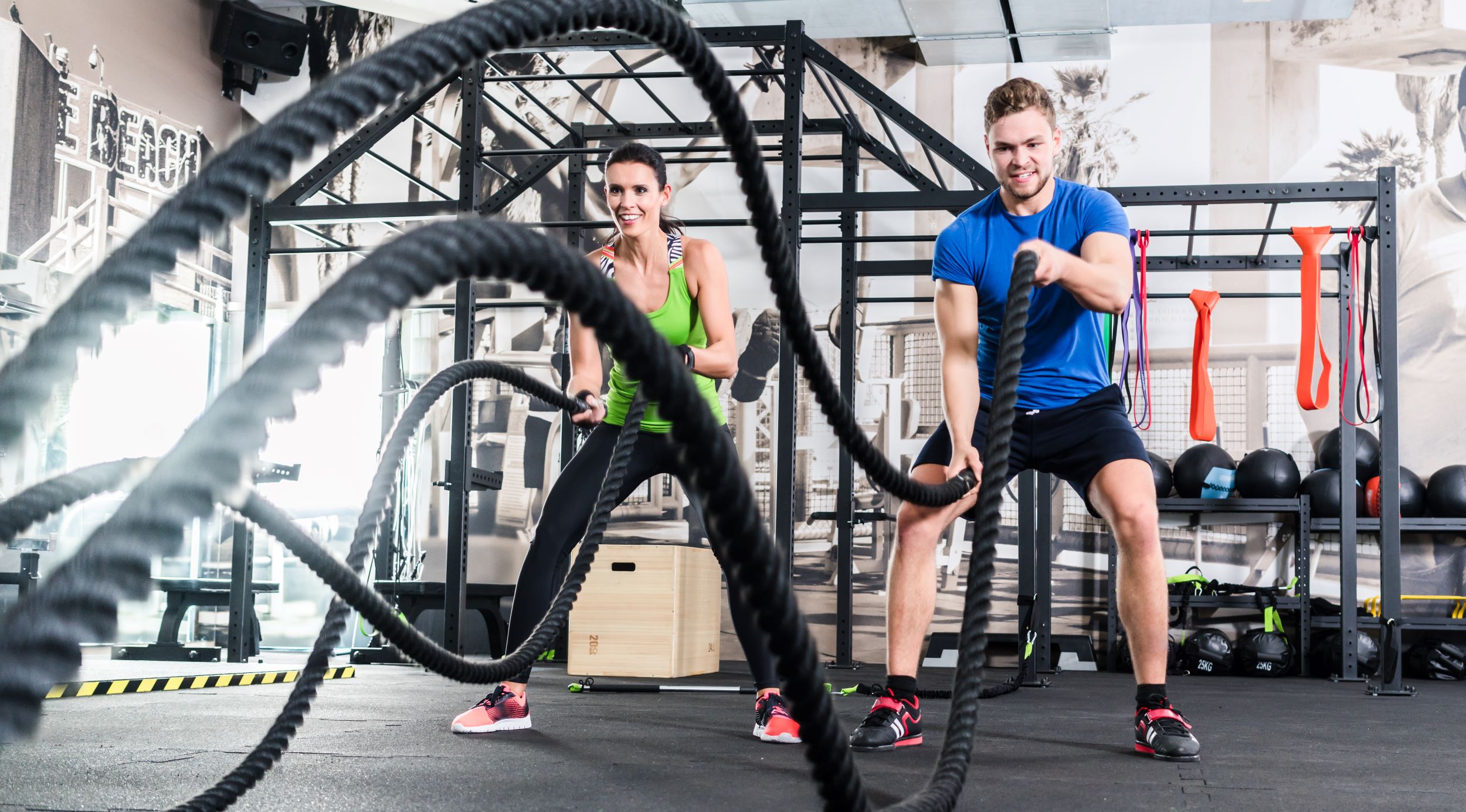After a long run, your body craves recovery to repair muscles, replenish energy, and prevent injury. Understanding the best ways to recover from a run is essential to enhance performance and maintain a consistent running routine. Fast recovery techniques not only aid in physical rejuvenation but also contribute to mental refreshment, allowing you to enjoy the journey of running.
Implementing effective recovery methods can significantly impact your overall running experience. Here are some key approaches to consider:
- Hydration: Replenishing lost fluids is critical. Aim to drink water or electrolyte-rich beverages post-run.
- Nutrition: Fuel your body with a balanced meal containing carbohydrates and protein to restore glycogen stores and repair muscles.
- Stretching: Gentle stretching can alleviate tightness and improve flexibility, reducing muscle soreness.
- Rest: Allow your body adequate time to recover. Incorporate rest days into your training schedule.
- Foam Rolling: This technique helps release muscle tension and improve circulation, enhancing recovery.
By integrating these strategies, you can expedite your recovery process and get back on the trails with renewed energy. Visit our website to learn more and get started today! Click here.
Importance of Post-Run Recovery for Runners

Post-run recovery is a crucial aspect of any runner’s training regimen. It serves not only to rejuvenate the body but also to enhance future performance. Understanding the importance of post-run recovery for runners can lead to more enjoyable and effective running experiences.
Firstly, recovery helps in muscle repair. During a run, muscle fibers endure micro-tears. Without proper recovery, these tears can lead to prolonged soreness and potential injuries. By allowing time for rest and utilizing recovery techniques, these fibers can heal stronger, reducing the risk of injury over time.
Secondly, recovery plays a significant role in replenishing energy stores. Carbohydrates, which are the primary fuel source for runners, deplete during intense runs. Consuming appropriate nutrition post-run helps restore glycogen levels, ensuring that you are ready for your next workout.
Moreover, mental recovery is equally important. Running can be mentally taxing, and taking time to recover allows for mental clarity and motivation to return. Engaging in relaxation techniques, such as meditation or light yoga, can further aid in this aspect.
Finally, incorporating recovery into your routine fosters habits that promote longevity in running. By listening to your body and prioritizing recovery, you set yourself up for sustainable progress and enjoyment in the sport.
Hydration Strategies for Optimal Recovery Post-Run

Hydration is a fundamental element of the best ways to recover from a run. Properly hydrating your body post-run can significantly influence your recovery process and overall performance. Understanding effective hydration strategies can ensure that you are not only replenishing lost fluids but also aiding muscle recovery.
During a run, your body loses fluids through sweat, which can lead to dehydration if not addressed promptly. To combat this, consider the following hydration strategies:
- Replenish Immediately: Aim to drink water or an electrolyte-rich beverage within 30 minutes after your run. This is crucial for kickstarting the recovery process and replacing lost electrolytes.
- Choose the Right Beverages: While water is essential, sports drinks can be beneficial for longer runs. They provide necessary electrolytes like sodium and potassium that help restore balance in your body.
- Monitor Urine Color: A simple method to gauge your hydration level is by checking the color of your urine. Light yellow indicates adequate hydration, while dark yellow suggests dehydration.
- Set Hydration Goals: Personalize your hydration needs based on the intensity and duration of your run. Keeping a hydration log can help you stay accountable and ensure you meet your goals.
Incorporating these strategies into your post-run routine can significantly enhance your recovery process. Remember, staying hydrated not only helps you feel better after a run but also prepares your body for future challenges.
Nutritional Tips to Enhance Recovery After Running

Nutrition plays a pivotal role in the best ways to recover from a run, as the right foods can replenish energy stores, repair muscle tissues, and reduce soreness. Post-run nutrition is not just about refueling; it’s about making strategic choices that optimize recovery and prepare your body for future runs.
Here are some key nutritional tips to enhance your recovery:
- Prioritize Protein: Incorporating protein-rich foods is essential for muscle repair. Aim for a source of protein, such as chicken, fish, eggs, or plant-based options like beans and lentils, within two hours after your run.
- Choose Complex Carbohydrates: After a run, your glycogen stores are depleted. Consuming complex carbohydrates, like whole grains, fruits, and vegetables, helps replenish these stores and provides sustained energy.
- Include Healthy Fats: Healthy fats can help reduce inflammation. Avocados, nuts, and seeds are excellent sources that can be easily incorporated into post-run meals or snacks.
- Stay Hydrated with Nutrient-Rich Fluids: Consider smoothies that combine fruits, greens, and protein powder. They provide hydration while also delivering essential nutrients to aid recovery.
- Listen to Your Body: Everyone’s nutritional needs vary. Pay attention to how different foods make you feel after your runs, and adjust your diet accordingly for optimal recovery.
By tailoring your post-run meals with these nutritional tips, you’ll not only enhance your recovery but also set a solid foundation for your next running adventure.
Effective Stretching and Cool Down Practices

Incorporating effective stretching and cool down practices is crucial for anyone looking to discover the best ways to recover from a run. These techniques not only help in reducing muscle stiffness but also promote flexibility and prevent injuries.
Here are some essential stretching and cool down practices to enhance your post-run recovery:
- Dynamic Stretching Pre-Run: Before your run, engage in dynamic stretches like leg swings and walking lunges to prepare your muscles. This warm-up primes your body for performance and reduces the risk of injury.
- Static Stretching Post-Run: After completing your run, focus on static stretches. Hold stretches for 15-30 seconds targeting major muscle groups such as the hamstrings, quadriceps, calves, and hip flexors. This helps to lengthen muscles and promote relaxation.
- Foam Rolling: Using a foam roller post-run can significantly aid recovery. It helps release muscle tightness and improves blood circulation, which is vital for getting nutrients to your muscles.
- Breathing Exercises: Don’t underestimate the power of deep breathing. Incorporating controlled breathing techniques post-run can help lower your heart rate and promote relaxation, facilitating a smoother recovery.
- Yoga and Mobility Work: Integrating yoga sessions into your routine can enhance flexibility and strengthen your core. Consider poses like Downward Dog and Pigeon Pose to relieve tightness and improve overall mobility.
By prioritizing these effective stretching and cool down practices, you will not only feel better after your runs but also enhance your overall performance in the long run.
Rest and Sleep: Keys to Quick Recovery After Running
Rest and sleep are often overlooked components of recovery, yet they are crucial for anyone seeking the best ways to recover from a run. Adequate rest allows your body to repair muscle tissues damaged during running, while quality sleep plays a pivotal role in overall health and performance.
Here are some key insights on why rest and sleep are fundamental to quick recovery:
- Muscle Repair: During sleep, your body increases the production of growth hormone, which is essential for muscle recovery and repair. Ensuring you get enough sleep helps in building strength and endurance over time.
- Inflammation Reduction: Sleep has a significant impact on inflammation levels in the body. Quality rest can lower inflammation, reducing soreness and promoting faster recovery after intense running sessions.
- Mental Resilience: Running is not just a physical challenge; it also requires mental fortitude. Sleep enhances cognitive function, improves mood, and increases motivation, making it easier to lace up your shoes for the next run.
- Guidelines for Better Sleep: Aim for 7-9 hours of sleep per night. Create a calming bedtime routine, such as limiting screen time and practicing relaxation techniques, to ensure restful sleep.
Incorporating strategic rest days into your training schedule is equally important. Allowing your body to recover adequately will enable you to perform at your best. Remember, recovery is just as vital as the training itself.
For more tips and guidance on optimizing your running experience, visit our website to learn more and get started today! Click here.


